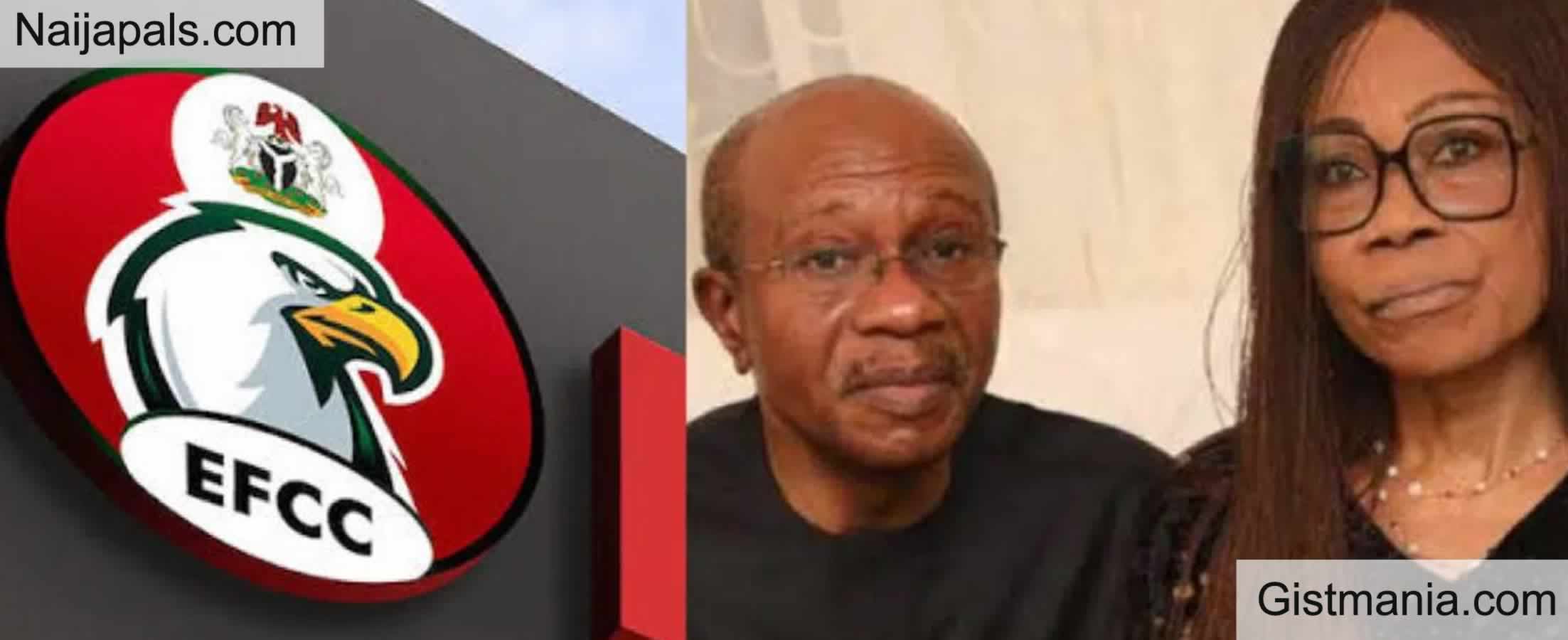
On October 9, 2025, Justice Rahman Oshodi of the Special Offences Court in Ikeja admitted new evidence into the record, dismissing the defence’s objections. The judge officially accepted these documents as Exhibit G.
During the session, lead prosecutor Rotimi Oyedepo (SAN) resumed questioning Alvan Gurumnaan, an EFCC operative, who elaborated on findings uncovered during the agency’s investigation.
Gurumnaan presented a WhatsApp exchange included in Exhibit G, revealing instructions from a Mr. Henry to John Adetola to deliver $400,000 to an individual referred to as “Oga,” with a suggestion to communicate via WhatsApp if feasible.
“We sought clarification during the probe,” Gurumnaan explained. “He recounted a phone conversation with Henry about arranging a meeting with Ayo to hand over $400,000.”
He added, “John Adetola confirmed traveling to Lekki, Lagos, where he met Ayo, the personal assistant to the CBN governor, to deliver the funds. When questioned about the messages, he affirmed the amount was $400,000 and that he subsequently proceeded to the CBN office in Lagos to hand the money to Emefiele.”
Further testimony revealed that John Ayo, a former CBN employee, was summoned by investigators and admitted that Adetola had visited his home to deliver money intended for the primary defendant.
Ayo acknowledged that this was not an isolated incident, disclosing he also received an additional $200,000, which he personally handed over to ex-CBN Governor Godwin Emefiele in Lagos.
Moreover, Victor Oyedua, a contractor affiliated with the CBN, was interrogated and confirmed providing Ayo with a total of $600,000-split into $400,000 and $200,000 payments on separate occasions-for delivery to Emefiele.
Oyedua explained that delays in his contract payments led to instructions to “settle certain management officials” to expedite the release of his funds. His statement was duly recorded during the investigation.
On the same day, the prosecution introduced additional CBN documents as evidence before the Ikeja Special Offences Court.
Prosecutor Oyedepo presented these materials, including an original letter from a company addressed to the EFCC dated February 24, 2024.
He emphasized that these documents were official public records obtained directly by the EFCC during its inquiry, constituting primary evidence.
However, defence lawyers Olalekan Ojo (SAN) and Kazeem Gbadamosi (SAN) challenged the admissibility of these documents, arguing they were uncertified photocopies and thus did not meet evidentiary standards. They requested the court to exclude them.
Justice Oshodi dismissed these objections and admitted the documents as Exhibit H.
Additionally, the court accepted John Adetola’s MI 10T mobile phone as Exhibit I after it was presented by the prosecution. The device, found switched on but in flight mode, contained WhatsApp chats between Adetola and Henry, which EFCC investigators retrieved and analyzed.
The prosecution also submitted statements purportedly made by the defendants during interrogation, seeking their admission as evidence. The defence opposed this, alleging the statements were extracted under coercion.
In response, Justice Oshodi ordered a trial-within-a-trial to assess whether the defendants’ statements were given voluntarily.
He instructed both parties to reconvene on November 21, 2025, to report on their consensus regarding forensic examination of the documents and devices. The court then adjourned the case to December 2 and 3, 2025, for the mini-trial proceedings.
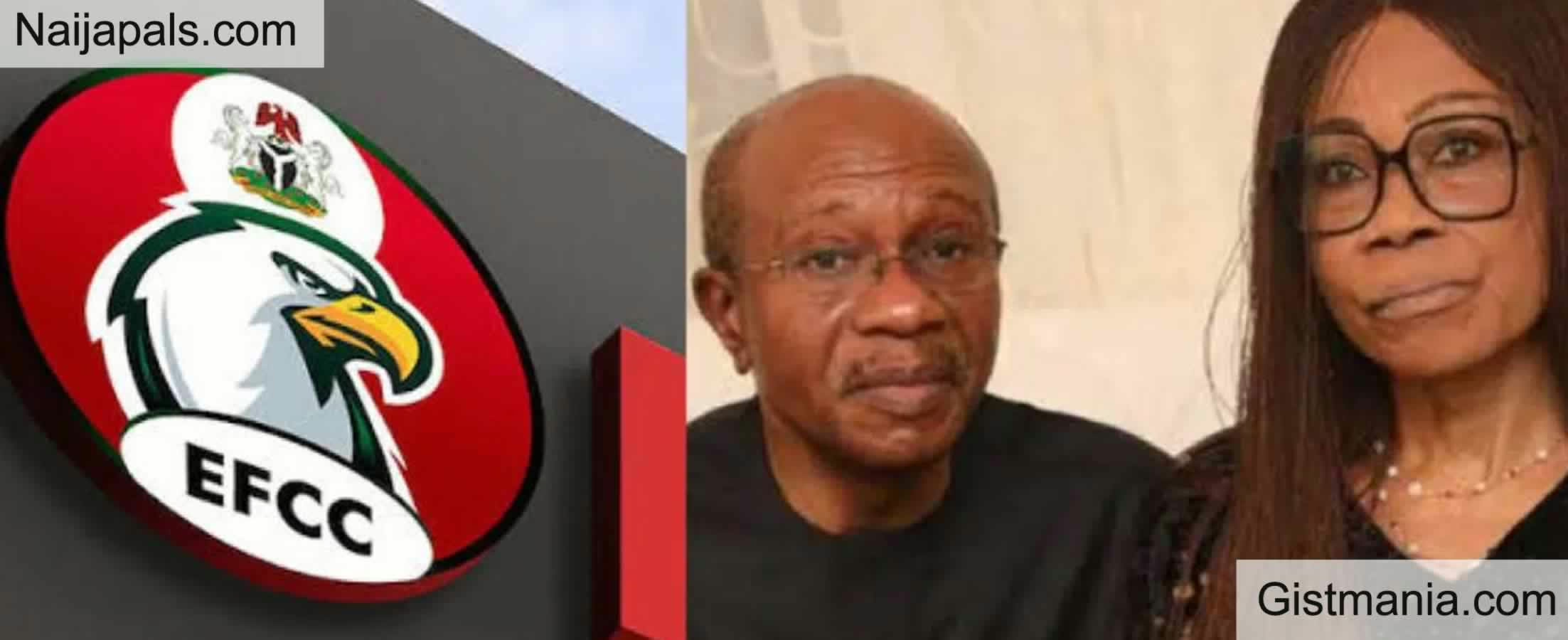





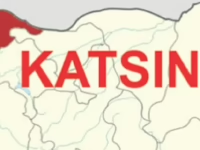
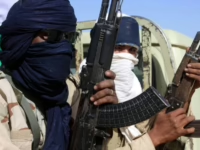
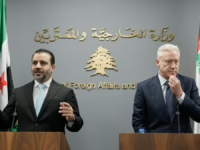
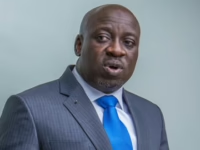
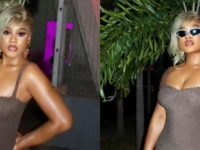
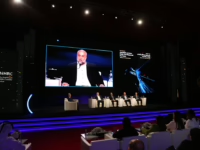
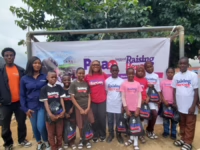
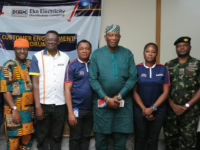
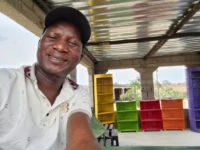
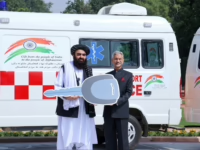
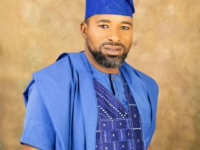
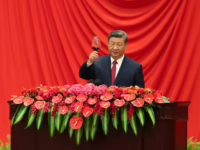
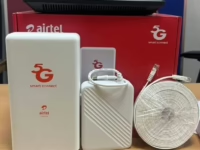
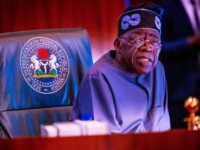
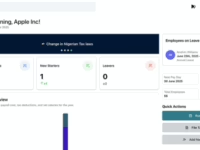
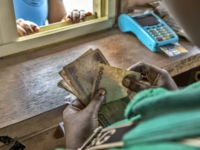

0 Comments